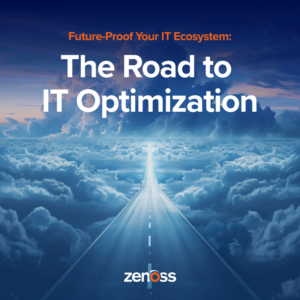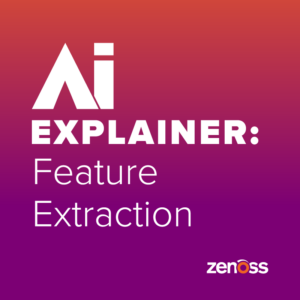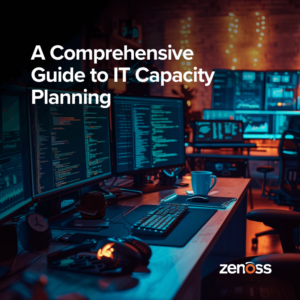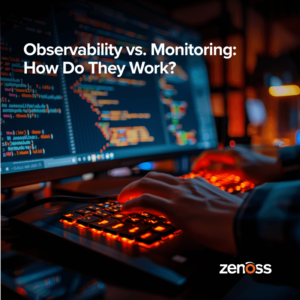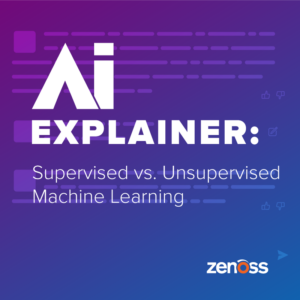
1. How can I manage a more dynamic environment? The dynamic nature of Cloud Computing environments breaks hard dependencies between services, application instances, and physical infrastructure. Real-time visibility of service dependency chains becomes critical for effective management of the datacenter.
2. How can I see everything that’s going on in my datacenter? Cloud environments present unique opportunities for distributed operations. Workloads may come and go to support hybrid deployments spanning multiple Clouds, extending physical infrastructure deployments, or spread across private and public Clouds. Accurate and reliable modeling of complex Cloud environments is, without a doubt, a key element of the Cloud management platform.
3. How will I know when to scale my infrastructure? The promise of virtualization and Cloud computing is increased overall utilization of the data center. Maximizing utilization of infrastructure requires effective orchestration through policy driven placement of workloads, predictive analytics, and automated capacity planning. Real-time analytics and automated provisioning are must haves.
4. How can I make my IT environment more efficient? In the context of Cloud Computing, all resources in a datacenter are essentially delivered as a service. Compute, storage, network, OS, and even applications themselves are delivered on-demand and while capacity guarantees can be made, they are not necessarily rigidly enforced. In this environment, the ability to maintain an accurate multi-tiered service model will define the difference between success and failure. Knowing what is happening and what is being affected at any given time will be a key factor in maximizing efficiency.
5. How can I lower my marginal costs? Cloud Computing is absolutely an enabler for cost reduction, but failure to address any of the items on this list could easily result in organizational frustration and increased cost of operations. As with any business process, management is the key to success. Addressing the key requirements of real time dependency modeling, data driven resource orchestration, and automated root cause analysis/fault correction will realize the cost benefits of the Cloud.
Successfully managing a Cloud-based environment requires complete visibility into the entire enterprise and more dynamic provisioning of resources. Solving the operations management of the Cloud doesn’t start after the basic infrastructure is completed. It starts by answering a number of key questions before your Cloud is built, and up and running.
Image Credit: Hans and Carolyn

